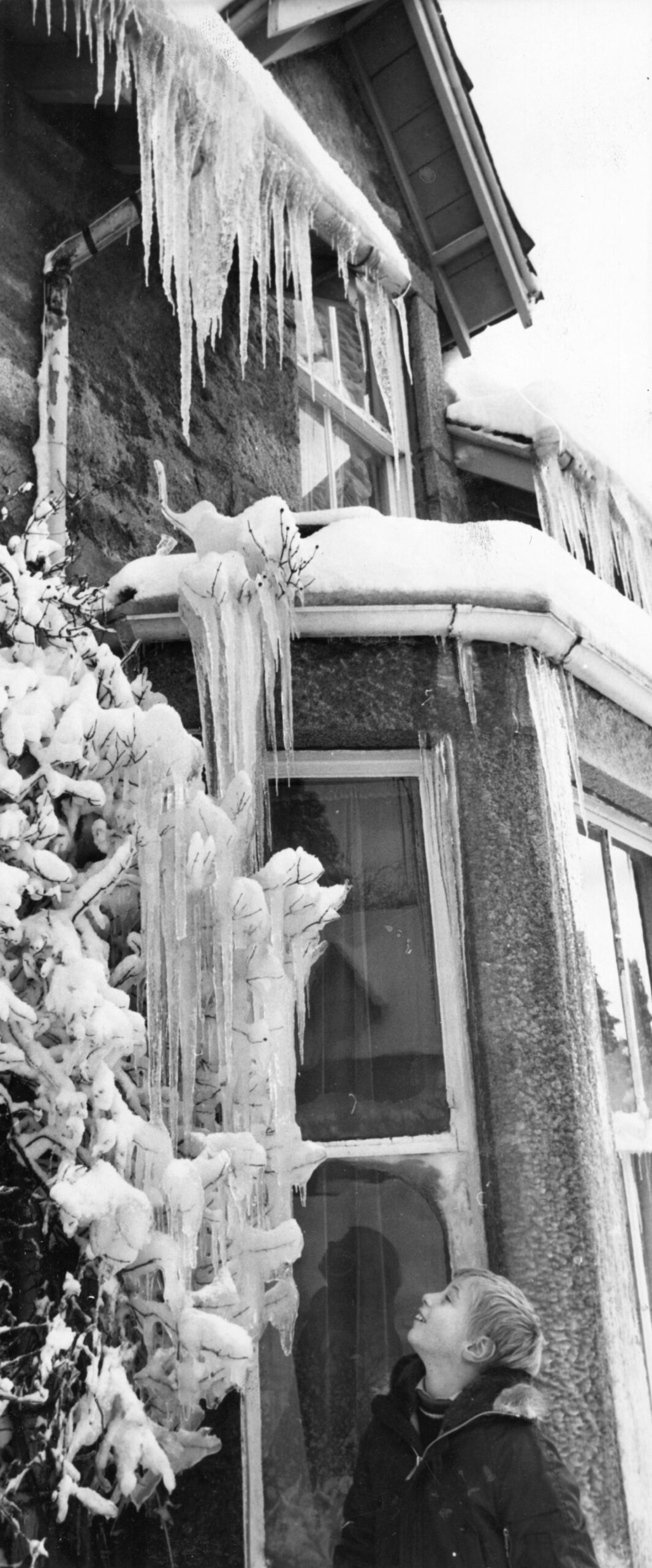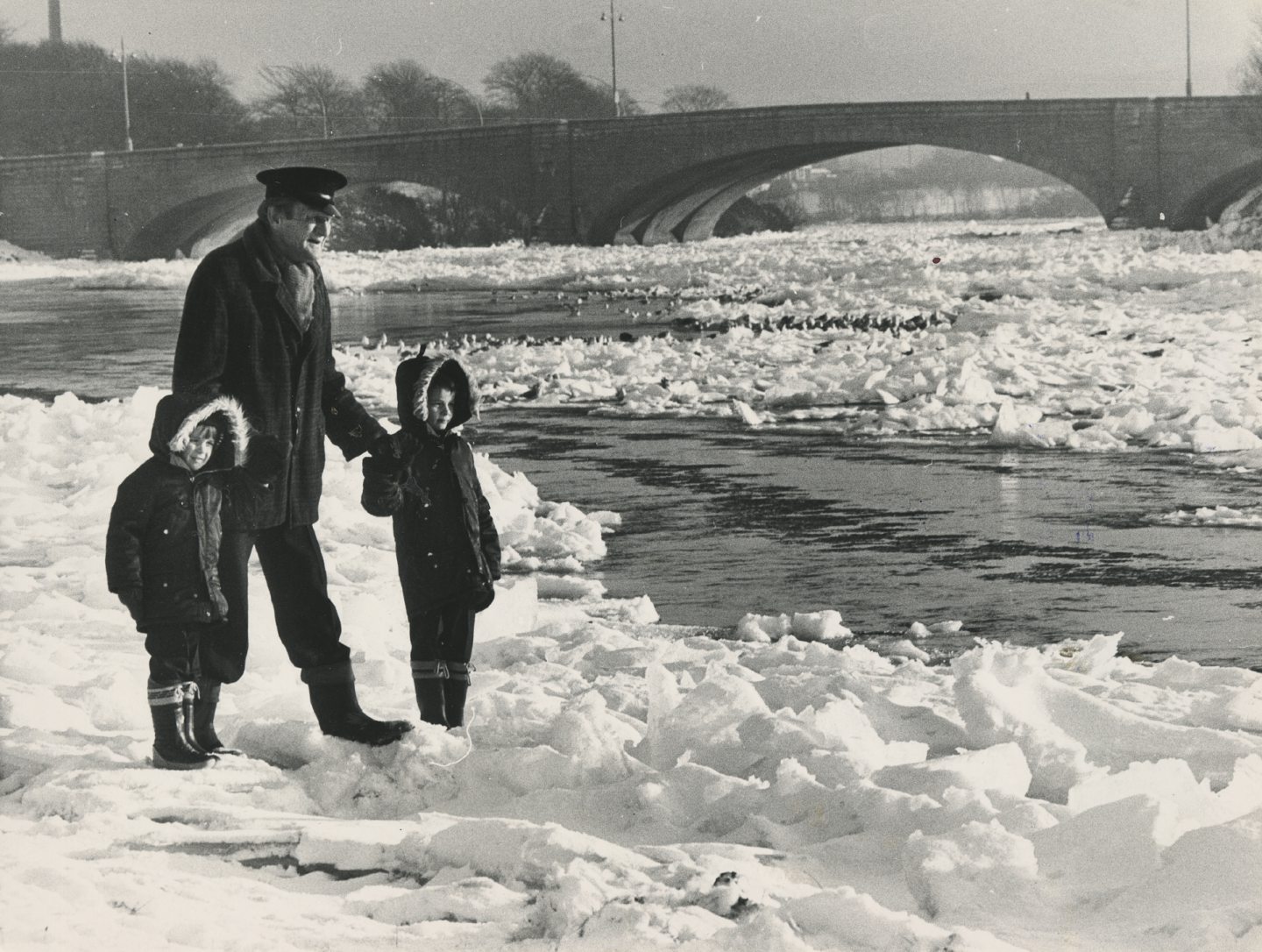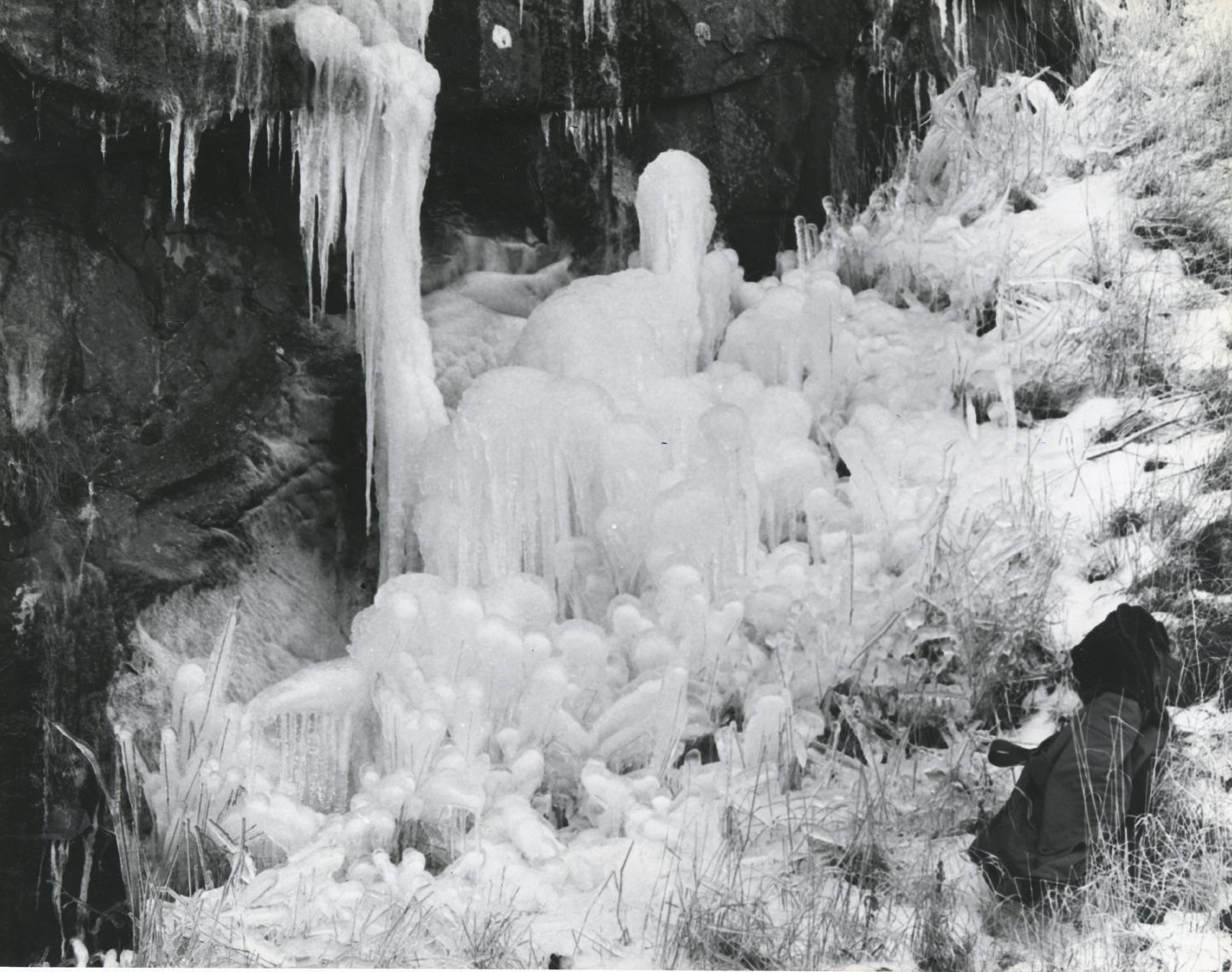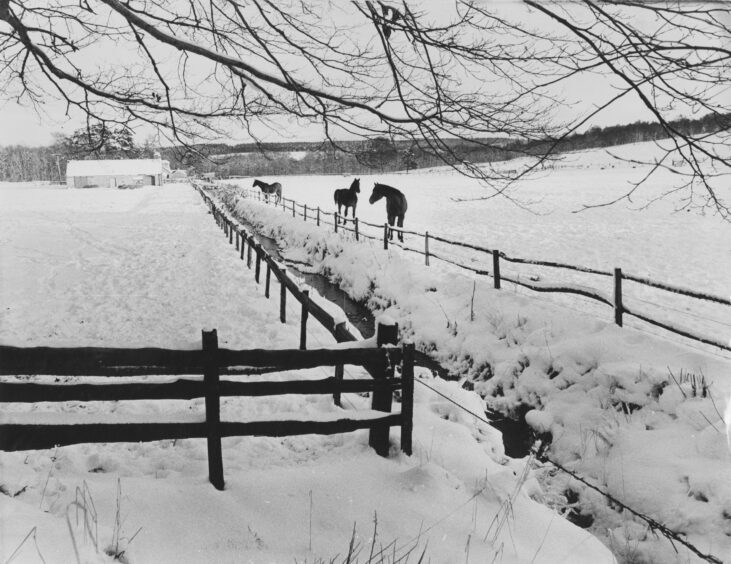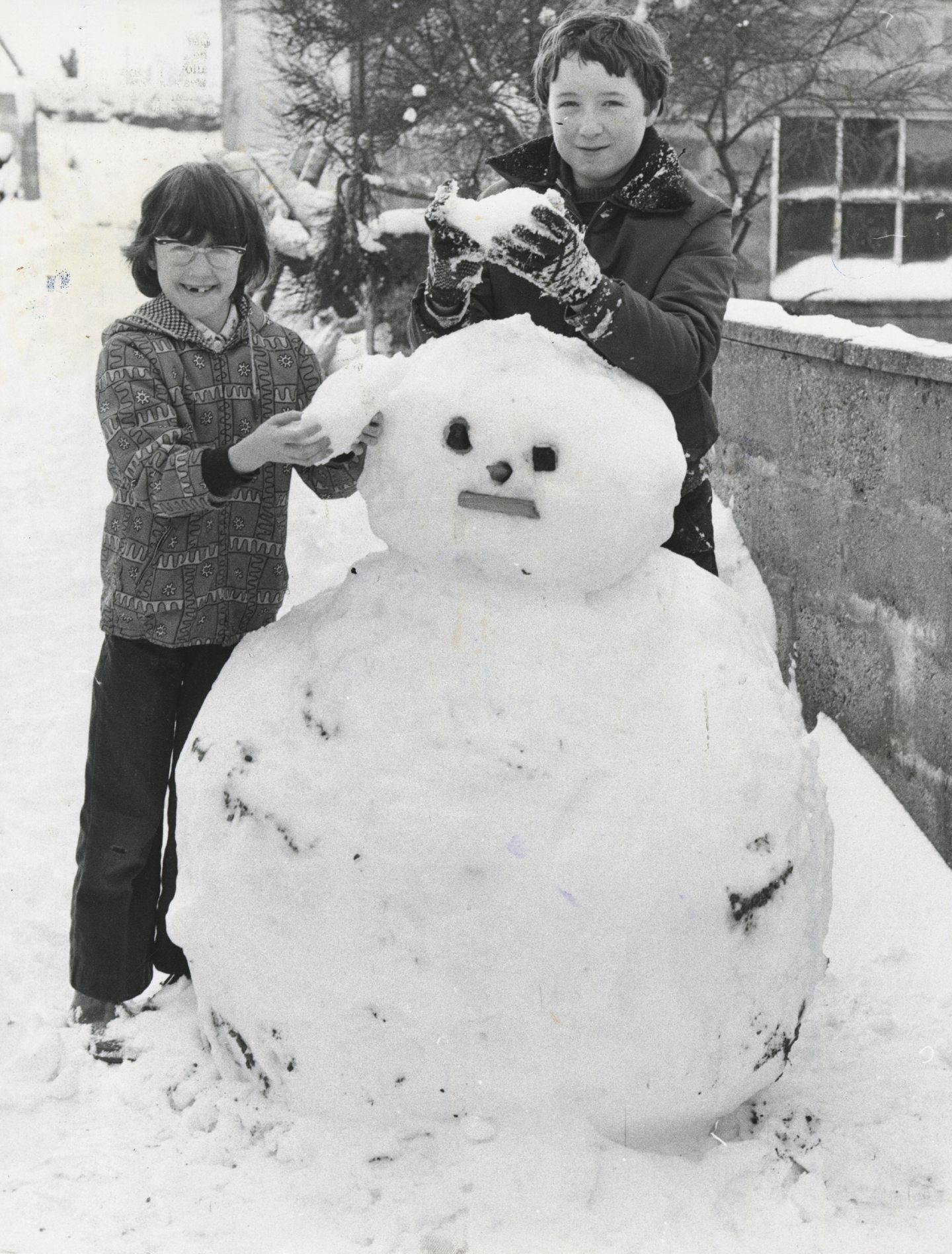It was the frozen snap in Britain’s coldest community that put the “Brrr” into the residents of Braemar 40 years ago.
Although there have been plenty of chilly winter mornings in the Deeside parish, nothing has surpassed the temperature of -27.2 that was recorded there on January 10 1982 during one of Scotland’s worst winters.
The mercury plummeted that day to the stage where nothing could move in or out of the village, which is more than 1,200 feet above sea level and surrounded by the Cairngorms,
Transport links were severed, local residents hunkered down in their houses and awaited some reprieve, while meteorologists consulted their chronicles and reached a few interesting conclusions.
And, even as snowploughs struggled to cope with the big chill, they revealed that Braemar was colder than the South Pole on that day 40 years ago – with the temperature at the latter site just minus 21 in comparison.
Chaos across the region
Buses and other vehicles were unable to reach the village, defeated by a combination of frost and snow, and the main street in Braemar was littered with stranded cars as motorists realised they couldn’t go any further.
The few local shops which did manage to open were empty, despite the efforts of their owners to use salt, grit and anything else which might help them clear pavements and allow life to return to something approaching normality.
John Stammers, of the Braemar Mountain Rescue Team, said: “There is a touring bus stuck in the village with frozen diesel fuel, and they have been lighting a fire under it to try to get it going.”
But the conditions didn’t relent in what proved mission impassable. And matters were no better elsewhere across large parts of the north east.
The situation was grim in the Granite City, where thousands of residents were affected by the weather, leaving the local authority struggling to cope with a deluge of different problems.
Nothing moved, everything was just frozen solid.”
Student Dianne Whyte
The Press & Journal reported: “The district council’s building and works department received more than 2,000 pleas for help over the weekend (of January 9 and 10), but said there was only so much they could do.
“Council director Donald Macdonald reported there had been 2,033 requests for aid and plumbers, electricians, maintenance staff and other employees had worked tirelessly to try and help as many people as possible.
“Mr Macdonald said: ‘They were repairing broken pipes and, where possible, thawing out frozen pipes.
“But there were situations which couldn’t be fixed immediately and we’ll have to return to them once the thaw sets in.”
Despite a mass effort to tackle several issues in different communities, there was no immediate respite for the public in what turned into one of Scotland’s worst winters of the 20th Century.
On the day after the minus 27.2 temperature in Braemar, Grampian Regional Council had 100 vehicles out taking care of the roads – the majority of them gritters – as they strove to battle the elements.
Aberdeen student Dianne Whyte recalled: “We were used to dealing with the cold and wrapping ourselves up in jumpers and coats and fleeces – but this was something else.
“Nothing moved, everything was just frozen solid.
“It was a case of staying indoors, keeping as warm as you could with electric blankets and hot water bottles and not being silly.
“Going out unless it was absolutely necessary was daft, given how slippery the pavements were.”
Thousands of pupils across Aberdeen and Aberdeenshire were told to stay at home as schools remained closed, due to a combination of frozen pipes, electrical faults, heating failure and flooding.
And, 72 hours later, three roads were still shut in the region: Banchory to Fettercairn, Rhynie to Dufftown and Cockbridge to Tomintoul.
The Press & Journal reported on how the impact of the freeze had led to unprecedented levels of power being used in the Highlands.
It said: “In the North on Friday (January 8), electricity demand was the highest in the Hydro Board’s history.
“This was despite the massive consumption by the Invergordon Smelter having ended.”
Arctic weather wasn’t just in Braemar
The north suffered most from the cold blast of Arctic air that January. Yet the whole of Britain shivered at the start of the year.
A city centre street in Birmingham had to be sealed off because of fears that giant icicles, hanging from an office block, would fall on people below.
Firefighters had to use turntable ladders and fire axes to cut off the six-foot-long ice spears at the site.
It later emerged that Braemar had previously recorded a temperature of minus 27.2 in February 1895. And the same reading was gauged at Altnaharra in the Highlands in December 1995.
And, as recently as last February, the mercury fell to minus 23 in the little Deeside community.
But that Sunday 40 years ago was the one occasion in history where the village was colder than the South Pole.

